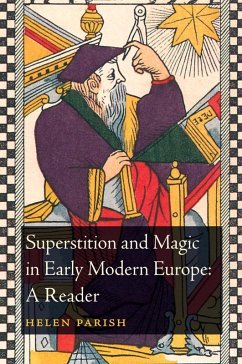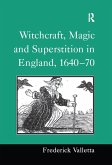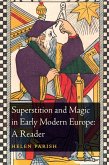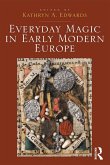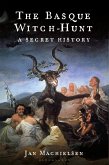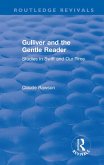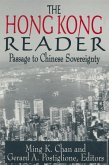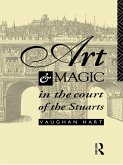Superstition and Magic in Early Modern Europe brings together a rich selection of essays which represent the most important historical research on religion, magic and superstition in early modern Europe. Each essay makes a significant contribution to the history of magic and religion in its own right, while together they demonstrate how debates over the topic have evolved over time, providing invaluable intellectual, historical, and socio-political context for readers approaching the subject for the first time.
The essays are organised around five key themes and areas of controversy. Part One tackles superstition; Part Two, the tension between miracles and magic; Part Three, ghosts and apparitions; Part Four, witchcraft and witch trials; and Part Five, the gradual disintegration of the 'magical universe' in the face of scientific, religious and practical opposition. Each part is prefaced by an introduction that provides an outline of the historiography and engages with recent scholarship and debate, setting the context for the essays that follow and providing a foundation for further study.
This collection is an invaluable toolkit for students of early modern Europe, providing both a focused overview and a springboard for broader thinking about the underlying continuities and discontinuities that make the study of magic and superstition a perennially fascinating topic.
The essays are organised around five key themes and areas of controversy. Part One tackles superstition; Part Two, the tension between miracles and magic; Part Three, ghosts and apparitions; Part Four, witchcraft and witch trials; and Part Five, the gradual disintegration of the 'magical universe' in the face of scientific, religious and practical opposition. Each part is prefaced by an introduction that provides an outline of the historiography and engages with recent scholarship and debate, setting the context for the essays that follow and providing a foundation for further study.
This collection is an invaluable toolkit for students of early modern Europe, providing both a focused overview and a springboard for broader thinking about the underlying continuities and discontinuities that make the study of magic and superstition a perennially fascinating topic.

